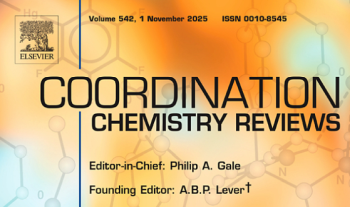Challenges in olefin metathesis: past, present and future

09 07 2025
Category: Main page, Research highlights
Olefin metathesis has become a cornerstone in modern synthetic chemistry, enabling diverse applications across organic synthesis, polymer science, and industrial processes. Despite its transformative impact, significant challenges persist, including catalyst stability, functional group tolerance, selectivity, and scalability. Ruthenium-based catalysts dominate the field, yet their sensitivity to oxygen, moisture, and harsh conditions limits industrial applicability. Functional group incompatibility and the difficulty in achieving precise product selectivity further hinder its versatility, particularly in cross-metathesis and ring-closing metathesis. Advances in catalyst recycling, green chemistry practices, and alternative systems using earth-abundant metals like iron are promising but remain underdeveloped. Expanding substrate scope, improving mechanistic understanding, and integrating metathesis with other catalytic processes offer opportunities for innovation. Addressing these issues through predictive catalysis, novel ligand design, and artificial intelligence-driven insights will enhance the sustainability and efficiency of metathesis, cementing its role as a pivotal reaction in future chemical synthesis.
Chemical and Biological Systems Simulation Laboratory of Bartosz Trzaskowski has been very active in the research on olefin metathesis, designing new catalysts with improved properties and studing the mechanisms of reaction paths. Now, Juan Pablo Martinez Lopez, a member of the Chemical and Biological Systems Simulation Laboratory co-authored a thorough review of the latest advancements in this very important field.